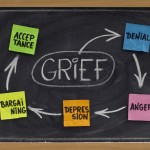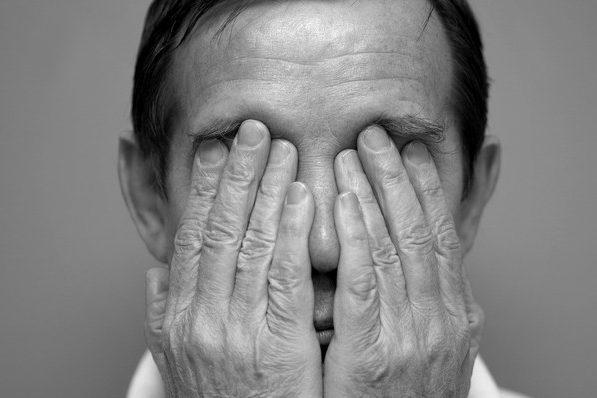There is Bob, across the room. Darn, its must be true, because he is as bald as a cue ball. What do you say? “How’s the cancer, Bob?” “Throw up much lately?” “How about those Mets?” You do not want to say something stupid, do not want to get Bob upset, so, you do not meet his eye and do not cross the room. Causally, leisurely, so as not to be noticed, you skulk into the kitchen.
You see Stan across the room, the first time since your diagnosis. Darn, you really do not want another non-cancer, cancer conversation again. You know the kind, where they talk about everything except the fact that you are bald as a cue ball. Should you mention the chemo? Talk about the disease? Do not want to get Stan upset. Just want to be treated naturally. So, you do not meet his eye and do not cross the room. Casually, leisurely, you retreat into the corner.
ATTENTION CANCER PATIENTS – I wish I had better news, but I do not. The reality is that if you ever want to have a real conversation again, if you want friends, if you want to talk about what you are going through, than you must start the conversation. Otherwise, everyone will dance around the elephant in the room, and frankly, that elephant is you. You must give others permission to talk and permission to care.
The key is to convey that if someone mentions cancer that you are not going to collapse to the floor or burst into flames. People need to know that most of all you are still “Bob”, a real normal person with a terrible golf game and a love of gardening, who just happens to have a medical problem. They need to know they can talk to you and give you support without the conversation descending, necessarily, into tears.
While others want to reach out to you, they would probably prefer if you do not answer the first honest question, such as “I heard you have prostate cancer, how are you doing,” with “I am looking forward to my wake.” Nevertheless, they know you are going through something hard and they would very much like to touch your heart, to support you; it is just that often they do not know how.
“Hey, Stan, how are you doing?”
“OK, Bob …ah…ah… how are you?”
“I am doing OK, but I guess you heard that I am being treated for lung cancer?”
“Yeah, I heard…I am sorry.”
“Well, it’s not your fault. I started on chemo last month. I’ve had some tough days, but I am fine right now. Its really nice to get out and see everybody.”
“Are you going to be on chemo for a while?”
“The doc says a few months, it depends how well it works.”
“Well, if it works as well on the cancer as it did on your hair, you should already be cured.”
“Yeah, it’s the new me. I always was a Yul Brynner fan.”
“How are your wife and kids holding up?”
“Well, it’s hard on them, but we get by day to day.”
“What can I do to help?”
The message is that while almost everyone you meet would like to support you, you are going to need to give them permission and, for many people, show them how. That means you, the patient, needs to open things up. Now this will not work all the time, for some people cancer is so frightening that they will treat you like a china doll. That is their problem and should not be allowed to become yours. However, most people can be taught that you are still a person, still capable of humor, intelligence and hope, and the friends and companions you gain will help carry you forward in your fight to become healthy, once again.







6 Comments